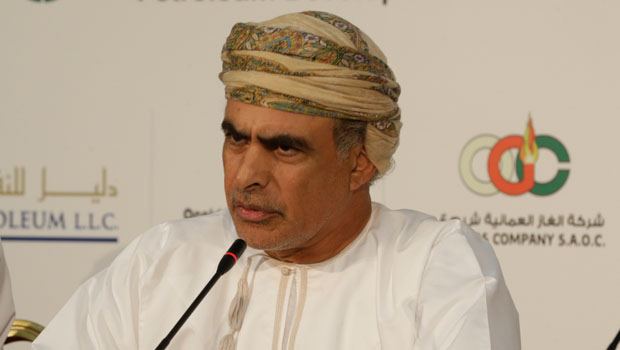
Doha: Oman, the biggest non-Opec oil exporter in the Arabian Gulf, offered to narrow differences between Saudi Arabia and Iran that scuttled a planned crude output freeze.
Futures fell as much as 6.8 per cent in New York, the biggest intraday drop since February 1, after 16 countries failed at a meeting in Doha to limit their production in an effort to reduce a global glut.
The outcome of the Sunday summit was disappointing but not a surprise because Iran wasn’t involved in the talks and Saudi Arabia insisted on Iran’s inclusion in the freeze, Oman’s Oil and Gas Minister Mohammed Al Rumhy told Bloomberg TV.
Producers should still work on reaching a deal, Rumhy said, offering to facilitate discussions.
“Oman has a good relationship, by the way, with everyone, not just Saudis and Iran, and we are prepared to see what is good for all of us,” he said.
One suggestion to advance the talks that wasn’t considered at the Doha meeting is to set the cap based on maximum production, he said.
“The reality is in the fields. Most of us have peaked, with the exception of maybe one or two, so if we say look, everybody is producing at a maximum level, let’s try to agree on where we are now and then move forward."
Producers should try to get consensus on a freeze by the time Opec meets in June, Rumhy said. “Hopefully those who were not on board yesterday will be on board by June. From now on until June, we would be working on trying to convince everyone else that the freeze is the right way to do it.”